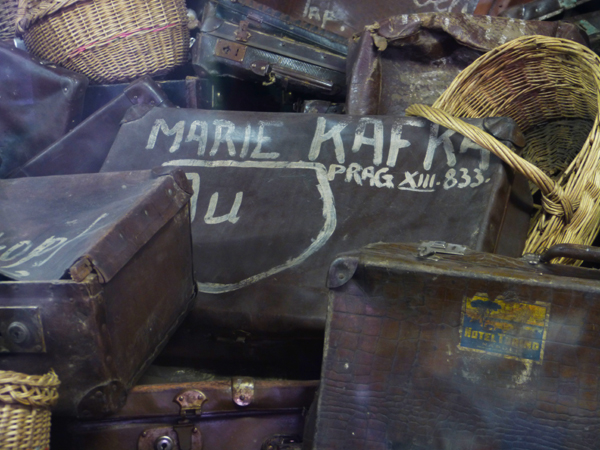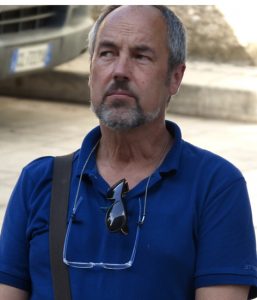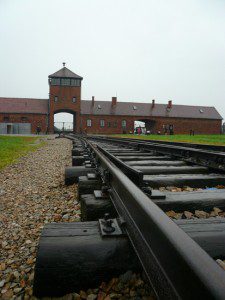I met a couple of teachers, a few years ago. At least, I came to know a little of their lives. There’s not much I can relate. They were both Polish. One was named Jan Ciechanowski, born in March 1882. And Jerzy Brem was born in September 1914, as the Great War began. They both came to the area of Poland, around Krakow, in 1941. Or, more correctly, they were brought there, to the small town of Oswiecim, which elite German armies then occupied. The Nazis renamed the place, Auschwitz. And here’s the way the Nazis’ records summed up those two teachers:
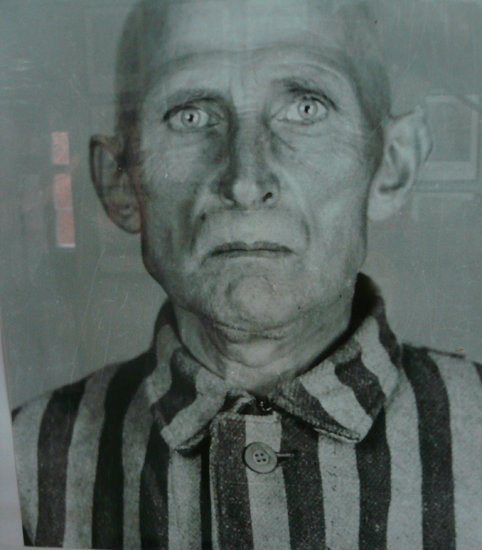
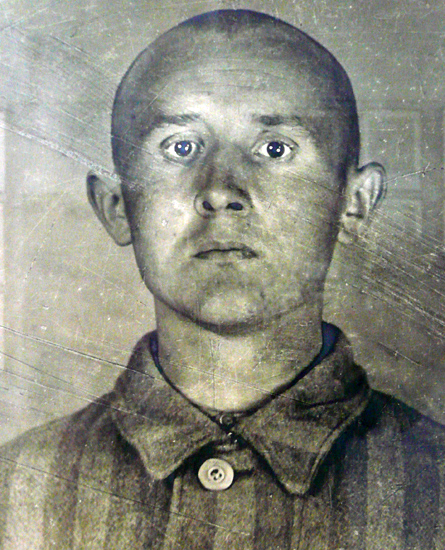
“Jan, number 11193, executed Oct. 29, 1941” and “Jerzy, number 10190, executed August 19, 1942.” (more…)
